Ashwagandha (Withania Somnifera) – Powdered Root from India, 100 grams
€ 13,01 € 11,06 Incl. VAT
Botanical name: Withania somnifera
Common name: Ashwagandha
Plant part: Root
Form: Powdered
Country: India
Contains: 100 grams
Nicht vorrätig
Email when stock available
Beschreibung
More about Ashwagandha (Withania Somnifera)
Due to its ability to reduce stress and anxiety, Ashwagandha, a non-toxic herb, is becoming more popular in the US. It is a crucial component of the ancient Indian traditional medical system known as Ayurveda and is used to treat a number of ailments, including rheumatism and insomnia..
Often sold in the form of a churna, a fine powder that may be mixed with water, clarified butter, or honey, ashwagandha is a popular herb. It can help with memory and with how the brain and nervous system function. As an adaptogen, it increases resistance to stress, boosts cell-mediated immunity which helps fight off disease, and provides powerful antioxidant protection against cellular damage from free radicals.
Natural adaptogen, Ashwagandha
A group of herbs known as adaptogens, Ashwagandha is used in the form of teas, powders, tinctures, supplements, or in its raw state.
The most well-known use of Ashwagandha is for stress reduction, and it is also known as Indian ginseng, winter cherry, or with its scientific name, Withania somnifera.
Ashwagandha appears to help regulate stress mediators such as heat shock proteins (Hsp70), cortisol, and JNK-1. It can also reduce the activity of the body’s HPA axis, which is in charge of how the body deals with pressure. Studies on humans taking daily doses of between 120 mg and 1,250 mg suggest that this plant may improve physical performance, including energy levels and oxygen uptake while exercising.
In healthy individuals and athletes, Ashwagandha significantly increased maximum oxygen consumption (VO2 max), according to a study analyzing five studies. VO2 max is the maximum amount of oxygen a person can consume during vigorous exercise. It indicates the condition of the heart and lungs. It is important for both athletes and non-athletes to have a maximum VO2 max.
Where is Ashwagandha from?
Since ancient times, Ashwagandha has been used to address a variety of issues from insomnia and discomfort to inflammation in traditional Indian Ayurvedic medicine. One human study found that taking 300mg of ashwagandha twice daily improved sleep. According to another animal study, the triethylene glycol present in ashwagandha is what induces sleep. However, further research needs to be conducted before any conclusions can be made on its effect on humans. Some small studies have indicated that Ashwagandha may improve mental acuity, memory and the capacity for effective motor responses following instructions. Notably, it was also seen to reduce participants’ reaction times when compared to placebo during cognitive and motor assessments.
One study found Ashwagandha enhanced participants’ short- and long-term memory across a range of tasks, as well as their ability to sustain attention.
Buy Ashwagandha
Maya Ethnobotanicals has the highest quality Ashwagandha either in powder form or as a full spectrum extract. Our Sage Extracts Ashwagandha extract has only a very low alcohol percentage, much lower than common tinctures.
Ashwagandha nutritional value
Nutritional Value Per 100g: Energy 1008KJ / 240kcal; Protein 3,33g; Fat 0,3g; Of which saturated fat <0,1g; Carbohydrates 46,6g; Of which sugars 10,7g; Fibre 18,64g; Sodium <0,1mg
Allergen Statement: We hereby certify that Ashwagandha powder we sell does not contain any substances causing allergies or intolerances as ingredients or by possibility of cross contamination. The list of allergens which are likely to cause adverse reactions in susceptible individuals is provided in Annex IIIa of Directive 2007/68/EC. Please note that this statement is based on the information provided by the manufacturer of the product.
Reviews (0)
Only logged in customers who have purchased this product may leave a review.
Disclaimer
Related products
Scientific Name
Sacred Plants
Sacred Plants – Ololiuhqui – Morning Glory (Ipomoea corymbosa) Whole Seeds from Mexico, 2 grams
Herbs (Plants)

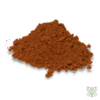
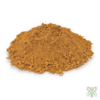
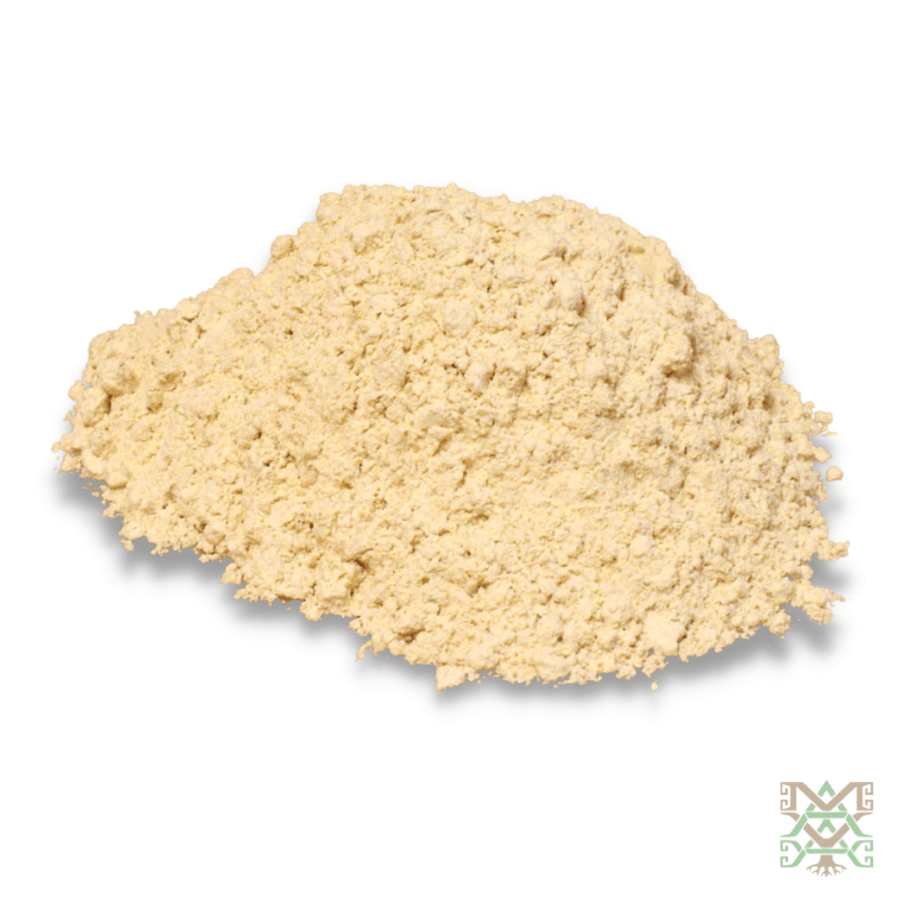
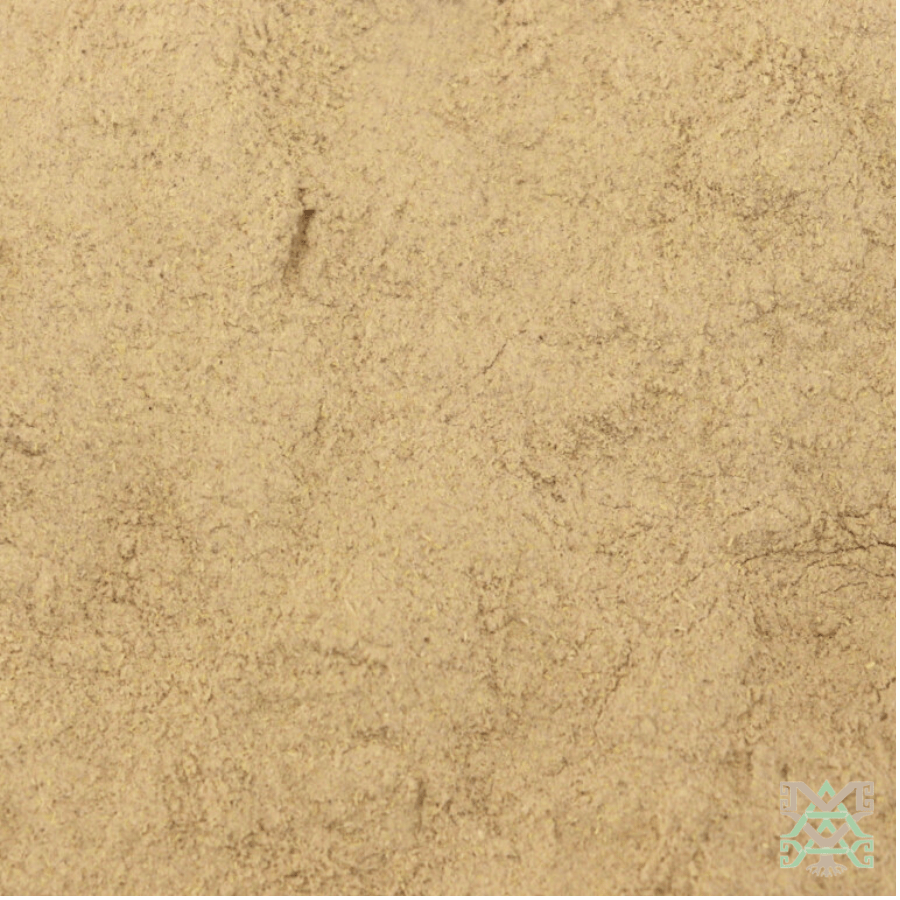
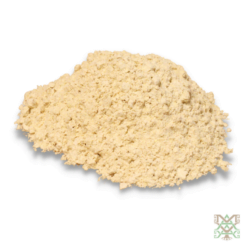
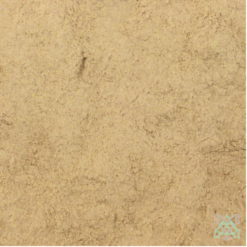
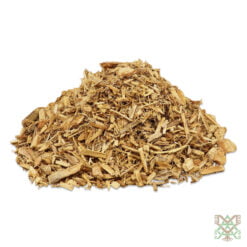
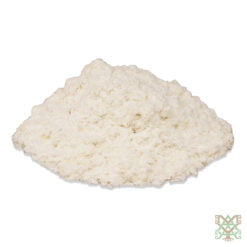
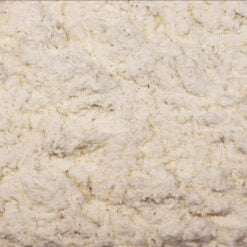
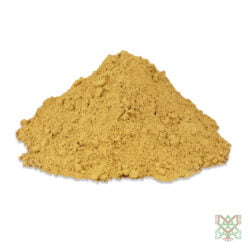
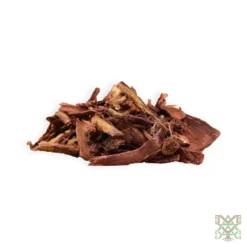
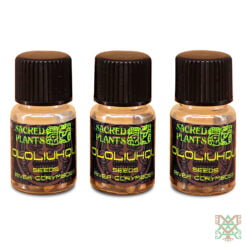
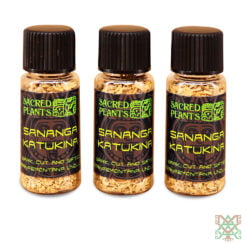
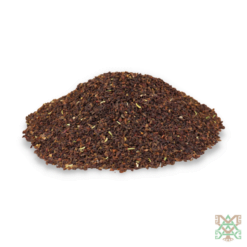
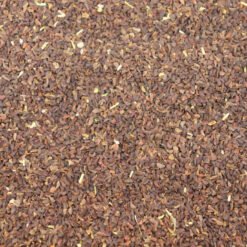
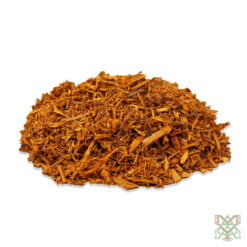
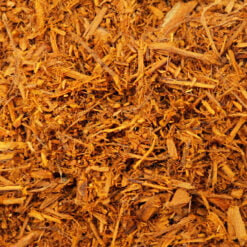
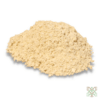
Reviews
There are no reviews yet.